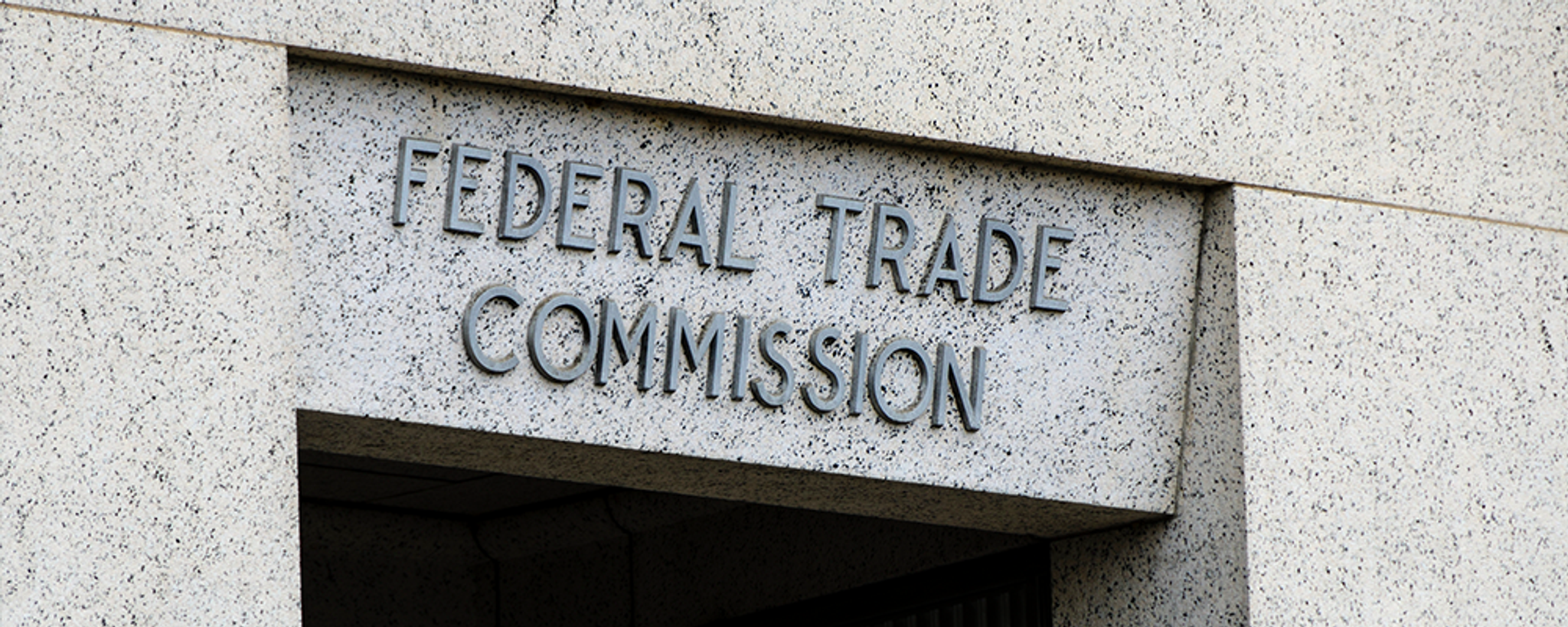Schumpeter Project on Competition Policy
The Schumpeterian perspective represents a new intellectual framework for antitrust reforms that focus less on competition for competition's sake and more on enabling firm dynamic capabilities to power productivity, innovation and global competitiveness. The Schumpeter Project’s mission is to advance dynamic competition policy with boosting firm dynamic capabilities as a central concern for antitrust enforcement. (Read more.)
- Useful bookmarks: ITIF’s Monopoly Myth Series and Schumpeterian Takes on Pending Antitrust Bills.
- Stay posted by signing up for ITIF emails and checking the box for “Regulation and Antitrust” under “Innovation and Competitiveness.”
Featured Publications
Events
May 22, 2024|Register Now
Can India Regulate Its Digital Boom Without Stifling Innovation?
Join ITIF's Schumpeter Project on Competition Policy for a timely panel discussion featuring leading antitrust lawyers from India and the United States.
May 1, 2024
US v. Apple: Whither The Limits of Antitrust?
Please join ITIF for an expert panel discussion about the merits and implications of the DOJ’s lawsuit against Apple.
January 31, 2024
The DOJ-FTC 2023 Merger Guidelines: Evolution or Revolution?
Watch now to learn more about the ongoing efforts to reform U.S. antitrust law.
December 13, 2023
US v. Google: Implications of a Landmark Trial
Watch now for an expert panel discussion on the possible outcomes and implications of this landmark antitrust case.
October 17, 2023
Assessing the FTC’s Complaint Against Amazon
Watch this expert discussion about the merits and implications of the FTC’s landmark challenge to Amazon.
Staff

Director, Antitrust and Innovation Policy
Information Technology and Innovation Foundation
Read BioMore From the Center
May 2, 2024|Testimonies & Filings
Comments for the California Law Review Commission Study of Antitrust Law Regarding Single-Firm Conduct and Concentration
While ITIF applauds the Commission for its efforts to evaluate the adequacy of California’s competition laws and consider possible changes, this comment highlights concerns with both the single-firm and concentration reports, and specifically regarding their respective legal and economic findings.
May 1, 2024|Blogs
EU Steering in Wrong Direction With DMA Investigations
The EU Commission is charting the wrong course by investigating large American technology companies under the Digital Markets Act for competitive behavior like anti-steering rules.
May 1, 2024|Blogs
“Khanservatives” Are Wrong About Big Tech
Instead of making a Faustian bargain with neo-Brandeisians, conservatives must come to grips with what the neo-Brandeisian movement really is: a revolutionary assault on corporate America operating under the guise of “protecting democracy.”
April 12, 2024|Blogs
Large Firms Generate Positive Productivity and Non-Productivity Spillovers for Their Suppliers
Policymakers should not follow neo-Brandeisian calls to break up large companies because such actions will only hurt the economy and small firms
April 4, 2024|Blogs
Forbidden Fruit: DOJ Bites Apple in the Walled Garden
The Justice Department’s antitrust suit against Apple risks committing the sin of turning antitrust enforcement into de facto regulation by putting forward flawed theories of exclusionary conduct. Courts should ensure that American consumers remain able to enjoy the mobile Eden that Apple has created.
April 4, 2024|Op-Eds & Contributed Articles
Innovation Instead of Imitation: Brazil Needs a Brazilian Approach to Digital Markets
Europe’s digital model may not be the best fit for Brazil. Bill 2768/2022, mirroring the EU’s experimental Digital Markets Act, could potentially hinder innovation rather than ignite it. Brazil’s digital landscape calls for a culture of innovation, not borrowed blueprints of unnecessary intervention.
March 27, 2024|Blogs
Why Labor Monopsony Shouldn’t Be Included in Merger Guidelines
Monopoly power is not the main explanation for changes in workers’ earnings after a merger or acquisition, and including labor monopsony power in the updated Merger Guidelines will not only disincentivize greater consolidation but will also harm consumers. The FTC and DOJ should ignore the guideline on labor monopsony when reviewing mergers.















